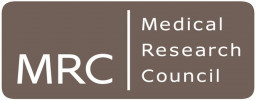University of Edinburgh: against COVID-19 University

Entity: University of Edinburgh
Category: University
Description: The University of Edinburgh (abbreviated as Edin. in post-nominals), founded in 1582, is the sixth oldest university in the English-speaking world and one of Scotland's ancient universities. It is also the world top 20 university.
1. Project: The COVID-19 Research Group
Summary: The University of Edinburgh is now collaborating with specialties and services across NHS Lothian to run a series of COVID-19 research studies and trials, under the collective term the ‘COVID-19 Research Group’. The trial will add new potential treatments as they become available, and drop ones that are not working. This is the best way of finding out what works for COVID-19 as quickly as possible. It is also the best chance of providing these treatments as supplies are limited and will be targeted to trial participants.
2. Project: Coronagenes
Location: Edinburgh, Scotland
Research question: Understand genetic susceptibility to coronavirus, and genetic effects on severity and duration of symptoms, particularly for less severe cases. Investigate the psychological effects of long-term self-isolation.
Study design: Coronagenes will recruit volunteers from all countries and ethnicities, consent them and administer a baseline questionnaire on health and daily symptom questionnaires through an online system. Participants will consent to genome-wide genetic analysis and antibody testing after lockdowns are relaxed, and to recontact for research purposes. UK participants will have linkage to electronic health records. The subset of volunteers with direct-to-consumer genotypes available will be invited to upload these to allow genetic studies in real time.
Type: Prospective (n=100000)
Genetic analysis: GWAS
Assays planned: Antibody profiling
Investigators: Albert Tenesa, Jim Wilson
The project 'Coronagenes' is part of the global consortium 'The COVID-19 Host Genetics Initiative'
3. Project: The COVIDENCE UK study
Summary: Queen's University Belfast, Queen Mary University of London, King's College London, the London School of Hygiene & Tropical Medicine, the University of Edinburgh and Swansea University are working on the COVIDENCE UK study, which will help identify who is most at risk of contracting COVID-19 and why some people become more ill than others with the disease.
4. Project: COVID-19 Genomics UK (COG-UK) Consortium
University of Edinburgh is partner of the global project 'COVID-19 Genomics UK (COG-UK) Consortium'
'COVID-19 Genomics UK (COG-UK) Consortium' is a collaboration between the NHS, Public Health England and other UK public health agencies, the Wellcome Sanger Institute, University of Cambridge and other academic institutions.
Project Description: The COVID-19 Genomics UK (COG-UK) Consortium aims to increase the current capacity for SARS-CoV-2 genetic sequencing in the UK. This sequencing data will be used to understand the epidemiology and spread of the virus, and to monitor and evaluate interventions for COVID-19. SARS-CoV-2 genomic data will be integrated with NHS electronic health records and other existing genomic data to generate insights into susceptibility to COVID-19. From within the DPHPC, Professor John Danesh is a member of the COG-UK Steering Group, Dr Ewan Harrison will serve as the Scientific Project Manager and Dr Michael Chapman will lead the health informatics component.
Contributors:
Professor Andrew Rambaut, Institute of Evolutionary Biology in the School of Biological Sciences
Dr Kate Templeton, Consultant Clinical Scientist, RIE and Honorary Senior Lecturer in Medical Microbiology
Dr Thomas Williams, Institute of Genetics and Molecular Medicine
+ Members:
Belfast Health and Social Care Trust, Regional Virus Laboratory
Cardiff University
EMBL-EBI (European Bioinformatics Institute)
Genomics England Limited
Genomics Partnership Wales
Advanced Research Computing at Cardiff
Supercomputing Wales
Public Health Wales NHS Trust
Imperial College London
MRC-University of Glasgow Centre for Virus Research
Public Health Agency
Public Health England
Public Health Scotland
Public Health Wales NHS Trust's Pathogen Genomics Unit
Quadram Institute
Queen's University Belfast
The Centre for Genomic Pathogen Surveillance
University College London
University of Birmingham
Queen's University Belfast, Genomics Core Technology Unit
Francis Crick Institute
University of Edinburgh
University of Exeter
Northumbria University
University of Nottingham
University of Oxford
Big Data Institute
University of Portsmouth
Portsmouth Hospitals NHS Trust
University of Sheffield
Sheffield Teaching Hospitals NHS Foundation Trust
Wellcome Sanger Institute
West of Scotland Specialist Virology Centre
NHS Greater Glasgow and Clyde
University of Cambridge:
Department of Veterinary Medicine
Cambridge University Hospital NHS Foundation Trust
Department of Medicine
Division of Virology, Department of Pathology;
Department of Pathology
Cambridge Institute for Therapeutic Immunology and Infectious Disease
5. Project: ISARIC 4C- Coronavirus Clinical Characterisation Consortium
Funder: Medical Research Council
Total award: £4.9m
Project summary: The researchers will collect samples and data from COVID-19 patients in the UK to answer many urgent questions about the virus and provide real-time information, which could help to control the outbreak and improve treatment for patients.
Their questions include: Who in the population is at higher risk of severe illness? What is the best way to diagnose the disease? What is happening in their immune systems to help or harm them? What are the effects of drugs used in patients with COVID-19? How long are people infectious for and from which bodily fluids? Are people infected with other viruses (e.g. flu) at the same time? They will recruit at least the first 1,300 UK patients who agree to take part over the next year, and aim to start communicating their initial results in months.
The team’s capacity builds on planning carried out over the past 8 years as part of the International Severe Acute Respiratory Infection Consortium, and it includes co-investigators from six UK universities and Public Health England. More information is available at the UK Research and Innovation webpage.
Led by:
Kenneth Baillie (University of Edinburgh)
M.G. Semple (University of Liverpool)
Peter Openshaw (Imperial College London)
+Partner organisations:
University of Cambridge
University of Edinburgh
University of Glasgow
Imperial College London
University of Liverpool
University of Oxford
Public Health England

.png)
.jpeg)
%20Consortium.png)


.jpeg)
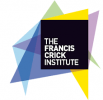
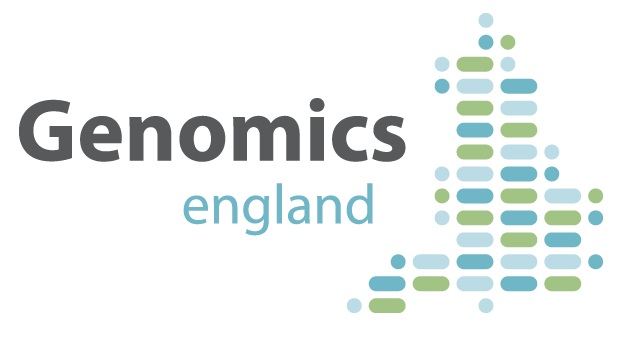
.png)
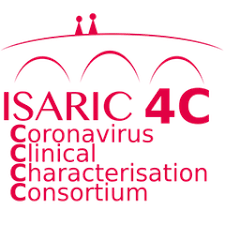
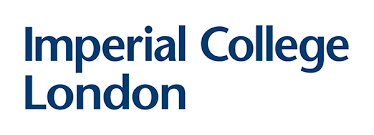
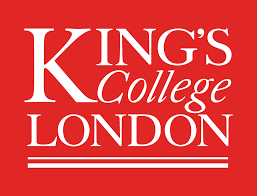








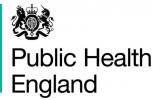
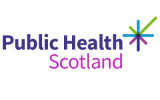


.png)




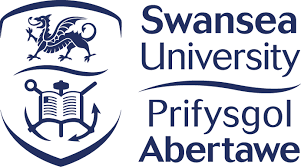

.jpg)











.jpg)

